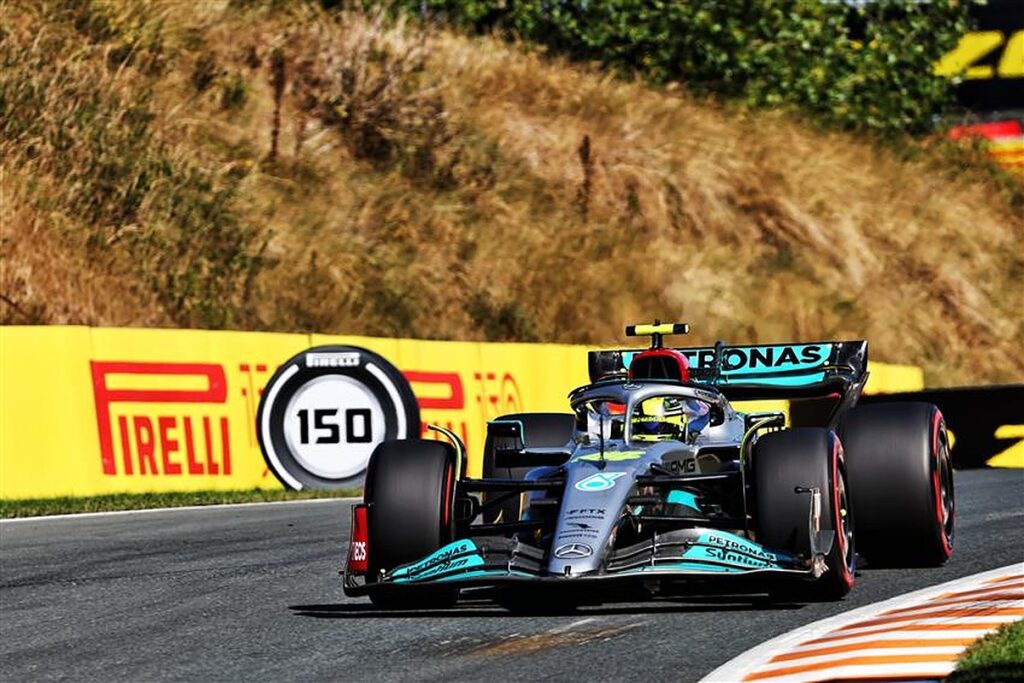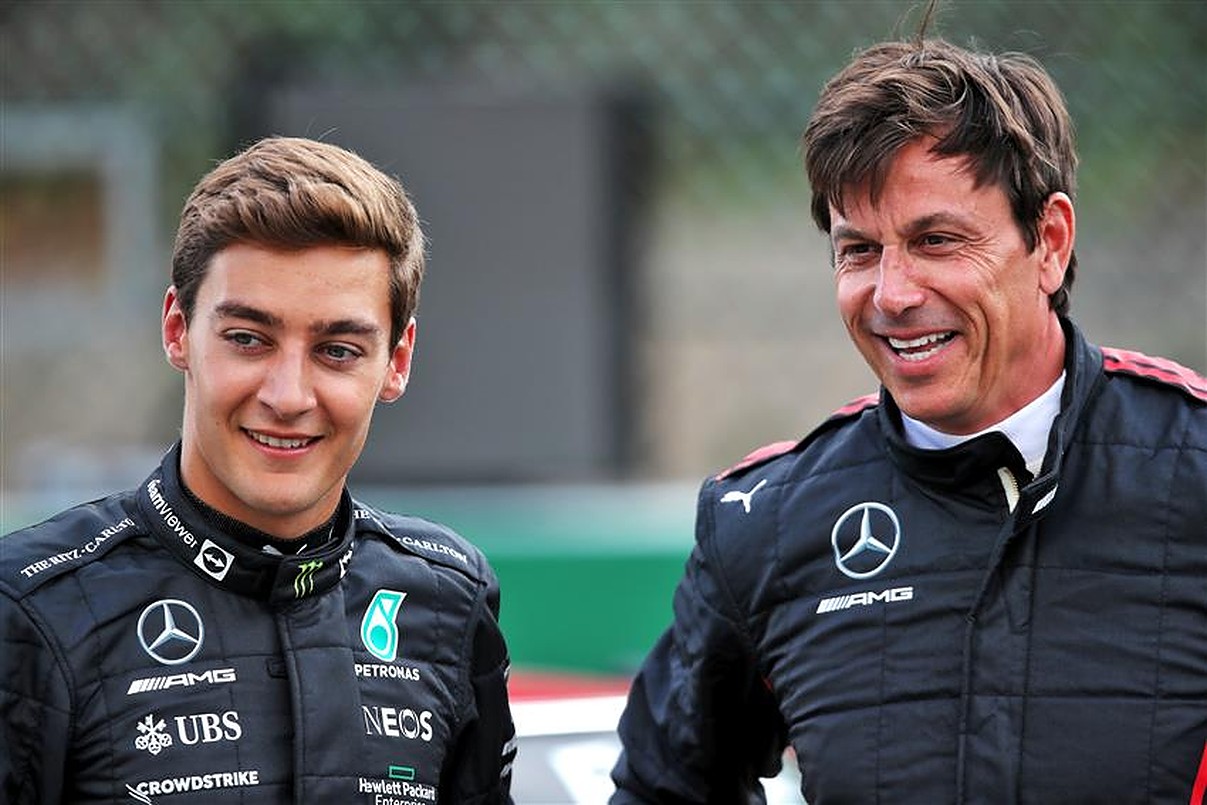Mercedes team principal Toto Wolff has enjoyed incredible success since taking on the immense job at the Silver Arrows, with the Austrian having led the team to 15 World Championships since 2014.
It’s remarkable that since joining the Germans in 2013, Mercedes have only failed to claim a World Championship in two of the ten seasons that Wolff has been in charge of, 2013 and 2022.
The Austrian will likely go down in Formula 1 history as one of the greatest team principals of all-time, with the 51-year-old having developed a relentless winning machine.
Fans are anticipating a Mercedes comeback in 2023, with 2022 having been a year to forget for the Silver Arrows.

READ: Ferrari criticised for being ‘unwatchable’ as Frederic Vasseur braced for challenge
Whilst it was a year to forget for the team, financially, it was an impressive one for Wolff.
As well as being the team’s CEO and boss, the Austrian is also a 33-percent shareholder, a share that is increasing in value thanks to the boom in popularity that Formula 1 is experiencing.
Forbes valued the Mercedes team principal’s wealth at £410 million last August, highlighting how well the Austrian has done.
His share in the team is certainly worth more now than it was back in 2013, a time when Wolff was only planning on staying with the Silver Arrows for three years.
“I wanted to make a better life for myself and did what I could to succeed,” Wolff told The Times.
READ: ‘At least in the right team’: Ex-Mercedes boss on Mick Schumacher
“When I started at Mercedes in 2013, it was a project. It was clear I am signing a three-year contract. I am team principal and 30 per cent shareholder and when the project is done, I shall sell the shares back to Mercedes.
“That was agreed. After three years, it was good fun, everyone enjoyed the success, so we rolled it into another three years. But it was still a project.
“It was a bit like my life in venture capitalism and private equity: buy, invest, develop, sell, but always an exit. Then, in 2020, I came to the conclusion that this is what I like to do. I like the sporting side, and I love the business side.
“And what we learnt during Covid is that content companies are crisis resilient. If you are able to put on a show, and broadcast it, it will entertain people.
“The real difficulty for media companies is to create content — and the most valuable content is sports. Variations of sports teams — NBA, NFL, soccer in Europe and now F1 — are limited franchises that are very difficult to replicate with a high entry-level barrier, because you have to invest a lot before you can become competitive and generate visibility.”

